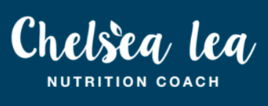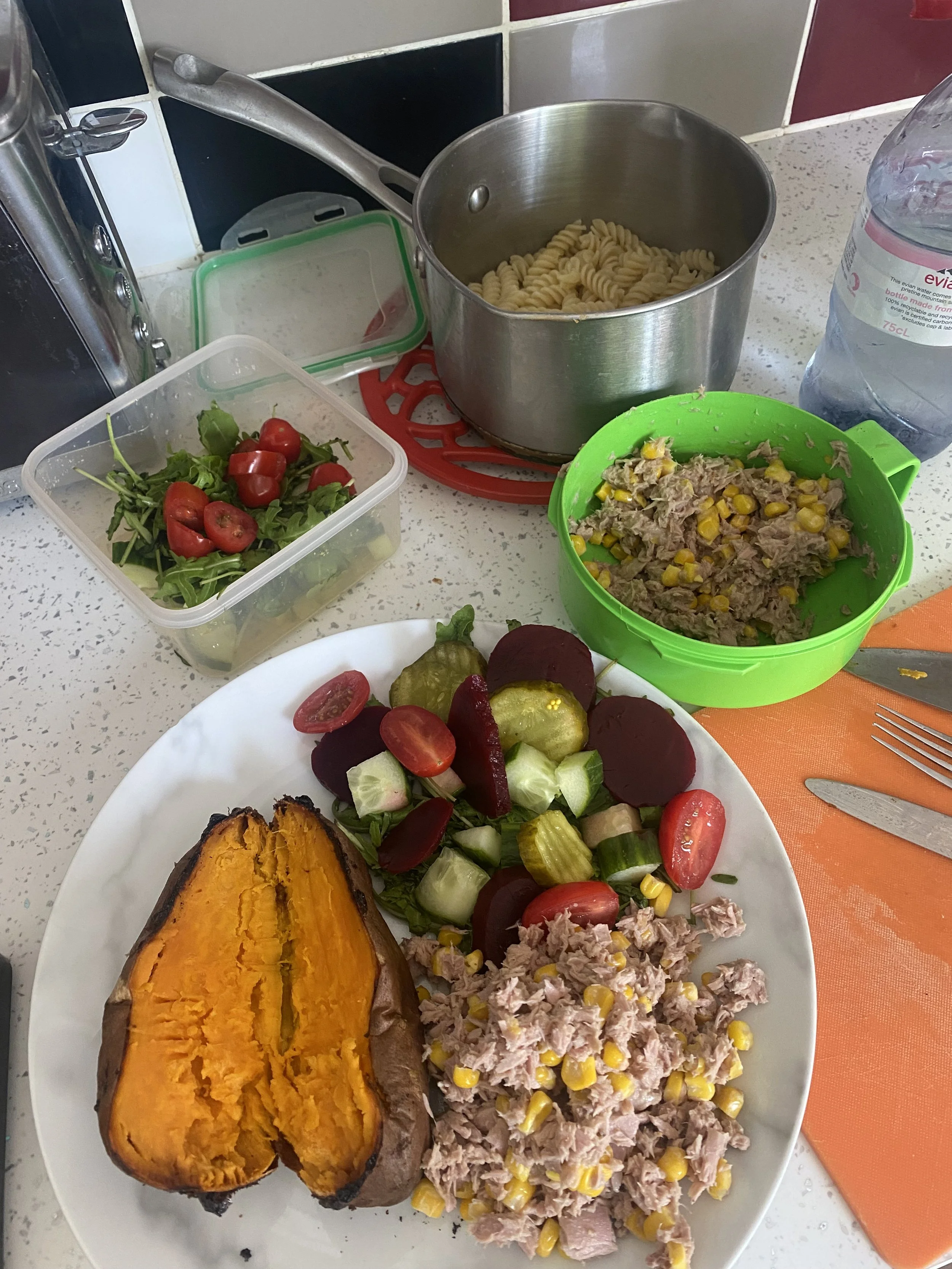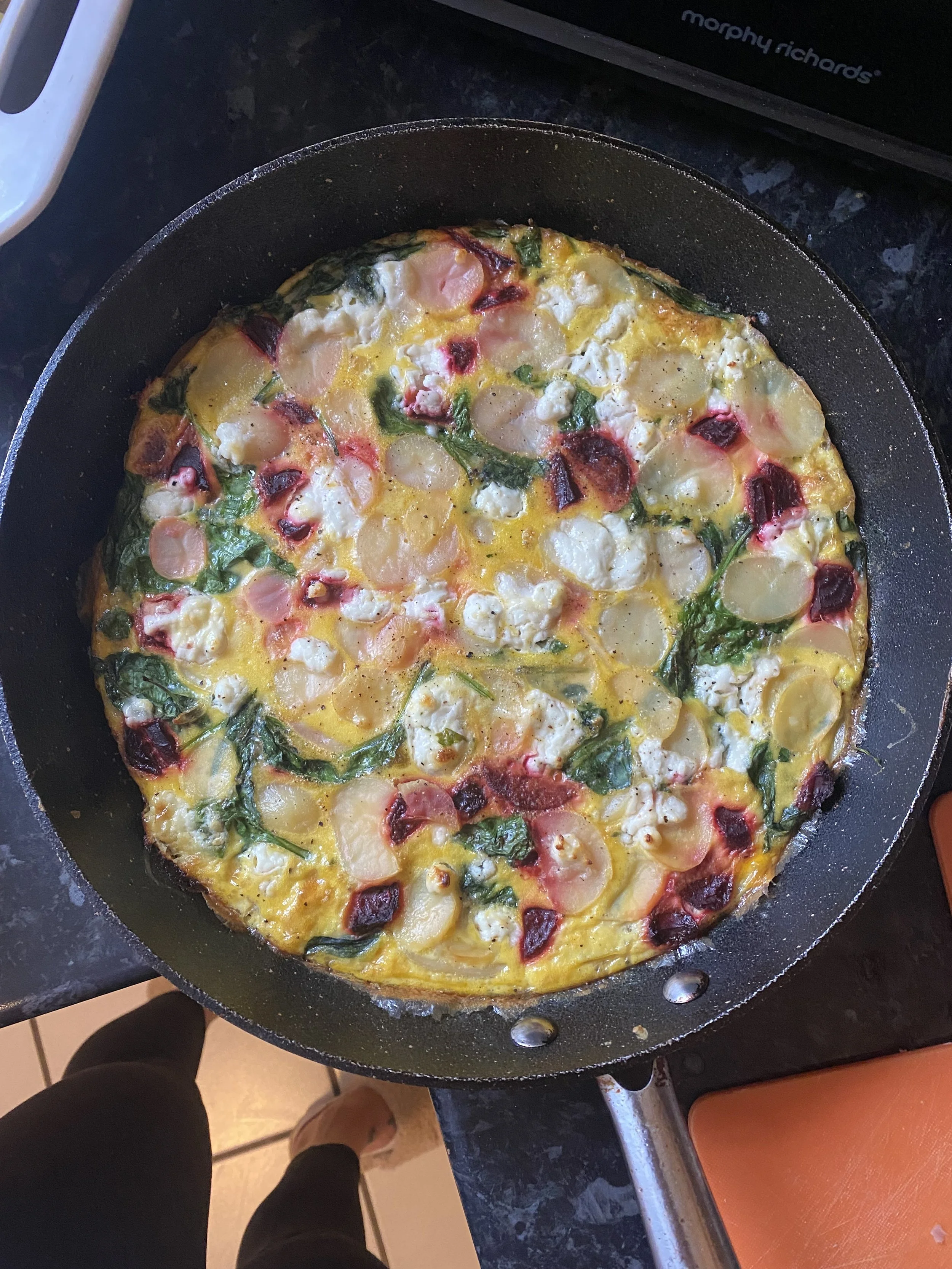Dieting & Never Full? Try This!
Protein
Dieting is tough, you are likely to experience some hunger, there’s no denying that. But, what if I told you that the solution to your hunger problem might be as simple as increasing your protein intake?
Protein is often referred to as the building block of life, and for good reason. Not only is it essential for repairing and building muscle, but it also plays a crucial role in regulating hunger hormones and keeping you feeling full and satisfied. Often mistaken as a food group only needed for regular gym goers, protein is vital for our health regardless of whether we exercise or not.
The Many Powers of Protein
All protein, including the protein you eat and the protein in your body, is synthesized from a combination of 20 amino acids. These amino acids are essential for protein synthesis, only 9 of these are considered essential amino acids (EAAs) of which the body is unable to create, so we are therefore required to get them through foods. The other 11 amino acids, which your body can synthesize, are called nonessential amino acids (NEAAs).
Here are just some of the ways that protein gets used in the body, and is essential for:
Building and repairing skin, hair and nails
Brain function, focus and passing messages in the body.
Supporting hormone function.
Controlling acid levels in your blood.
Keeping your immune system strong.
Transporting and supporting other nutrients.
Supporting repairing and rebuilding muscle tissues.
These are just a few examples of how protein is important to our overall health, not just our gym gains.
Dieting & Protein
When we are in a deficit and especially if we are exercising, it is beneficial for us to simultaneously increase our protein intake. Why?
Damage Limitation
When in a deficit, we are eating less energy than the body requires to function. This means that once the food we’ve eaten has been turned into glycogen and used up, the body switches to utilise the next available source of energy in the body = fat and muscle.
A knock on effect from this is that protein synthesis is decreased (the system in which our cells make more protein), so not only is our muscle mass being catabolized, the rate of making more is reduced too. Want to look toned? Then we need to preserve that muscle. We cannot change this, but we can limit the damage and attempt to preserve our muscle by eating enough protein, spread evenly throughout the day, and by including a form of resistance training into your routine.
Feeling Full
Protein takes longer to digest than carbohydrates or fats, and is the most satiating. Which means it stays in your stomach longer and keeps you feeling fuller for longer. This is exactly what we want when dieting, if we want to be able to sustain it.
TEF - Thermic Effect Of Food
Not only does protein take longer to digest, it also has the highest thermic effect out of all of the macronutrients - protein, fats & carbohydrates. This means that your body has to use more energy to break it down and digest it, positively impacting your overall calorie burn for the day.
How Much Protein Do You Need?
The amount of protein you need depends on various factors, including your age, gender, activity level, and goals. I recommend between 1.6 - 2.2g protein per kg of body weight. For better health and maintaining weight I would recommend the lower end of 1.6g, if dieting or regularly exercising 3+ per week, aim towards the upper end of 2-2.2g per kg.
Good sources of protein include;
All meats (opt for leaner cuts when dieting such as chicken breast)
Fish
Eggs
Greek yogurt
Tofu
Lentils, legumes,
Protein powders & bars.
30-40g of protein per meal is a good target. Some examples are:
3 large eggs & 2 slices ham (omelette, scrambled)
130g cooked chicken breast
Tin tuna & pasta/bread
120g tofu, 50g blackbeans, 50g edamame, 150g quinoa (cooked)
200g greek yoghurt, 25g mixed nuts, 15g almond butter.
Practical Tips for Increasing Your Protein Intake
Here are some simple ways to add more protein to your diet:
Start your day with a protein-packed breakfast, such as scrambled eggs with spinach & mushrooms, Greek yogurt topped with fruit and nuts or my favourite - porridge with protein powder and lots of toppings.
Include a serving of protein with every meal and snack, whether it's a grilled chicken breast, a tin of baked beans, or a scoop of protein powder added to your yoghurt.
Choose protein-rich snacks like hard-boiled eggs, babybell, sliced ham, protein bars to keep hunger at bay between meals.
Experiment with plant-based protein sources like tofu, tempeh, quinoa, and lentils for a change of pace and added variety in your diet.
Make a list of the protein sources you like and then plan your weeks meals based around that.
Save money by bulking out meat based dishes with legumes and peas to boost the protein quantity and get more servings!
PLAN!! It won’t happen if you think about it on the fly.
Protein can be sweet too! Try protein shakes, yoghurts, bars, bake with protein powder, make pancakes, the possibilities are endless!!
Aim to spread your protein evenly throughout the day by including it in each main meal, and top up with snacks if you wish. This will allow the body multiple opportunities to make the most of the nutrients and more chances to boost protein synthesis.
Conclusion
If you're tired of constantly feeling hungry while dieting, it may be time to reevaluate your protein intake.
Incorporating a variety of protein-rich foods into your diet ensures that you're getting all the essential amino acids your body needs for optimal health and function as well as helpint to control hunger, prevent overeating, and ultimately achieve your weight loss goals more effectively.
Next time you're planning your meals, make sure to prioritise protein – your whole body will thank you for it!
Still feeling stuck with protein? Get in touch, I’ll be happy to help.
Thank you so much for reading!!
If you found this blog helpful it would mean a great deal to me if you could please share on socials, via email and with your friends!




